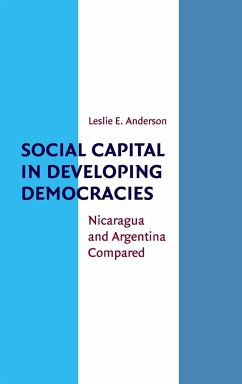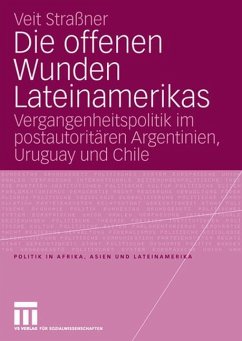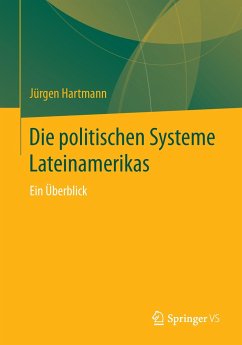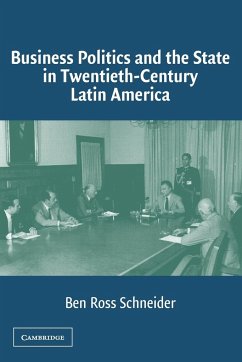
Courts under Constraints
Versandkostenfrei!
Versandfertig in 1-2 Wochen
79,99 €
inkl. MwSt.
Weitere Ausgaben:

PAYBACK Punkte
40 °P sammeln!
This study offers a theoretical framework for understanding how institutional instability affects judicial behavior under dictatorship and democracy. In stark contrast to conventional wisdom, the central findings of the book contradict some assumptions that only independent judges rule against the government of the day. Set in the context of Argentina, the study uses the tools of positive political theory to explore the conditions under which courts rule against the government. In addition to shedding light on the dynamics of court-executive relations in Argentina, the study provides general l...
This study offers a theoretical framework for understanding how institutional instability affects judicial behavior under dictatorship and democracy. In stark contrast to conventional wisdom, the central findings of the book contradict some assumptions that only independent judges rule against the government of the day. Set in the context of Argentina, the study uses the tools of positive political theory to explore the conditions under which courts rule against the government. In addition to shedding light on the dynamics of court-executive relations in Argentina, the study provides general lessons about institutions, instability, and the rule of law. In the process, the study builds a set of connections among diverse bodies of scholarship, including US judicial politics, comparative institutional analysis, positive political theory, and Latin American politics.














